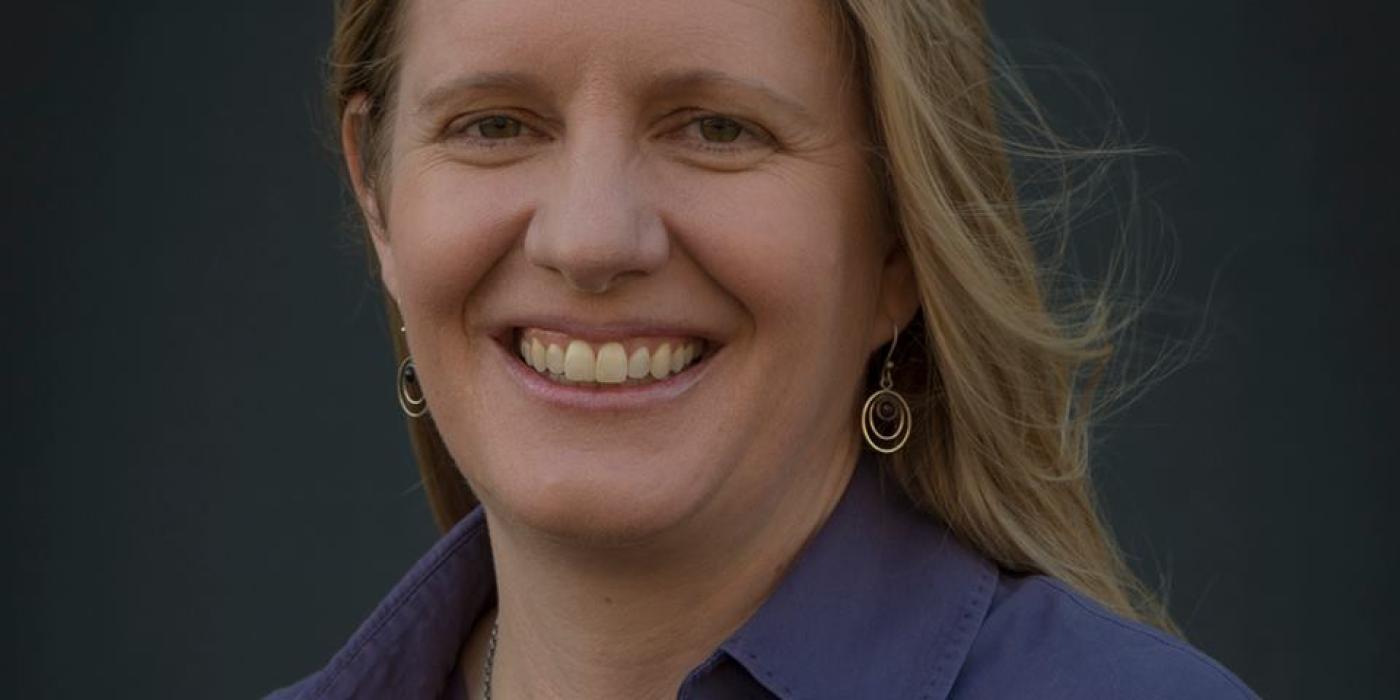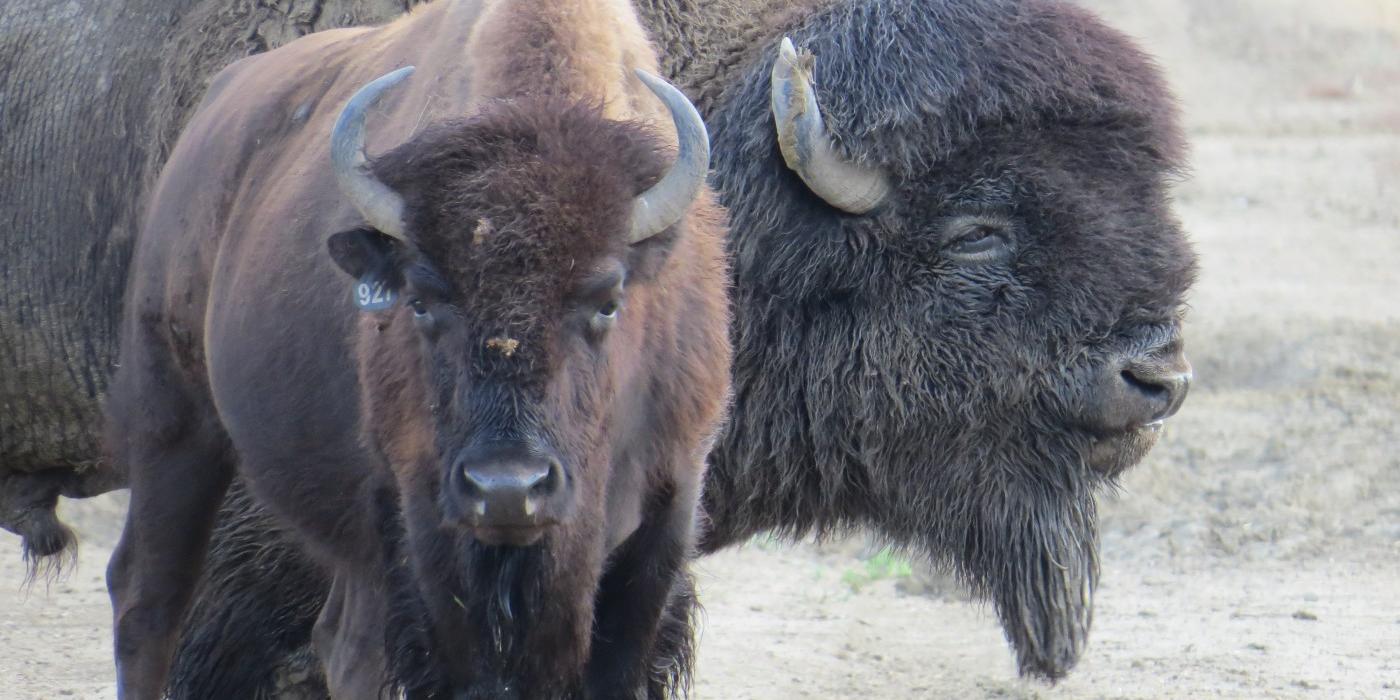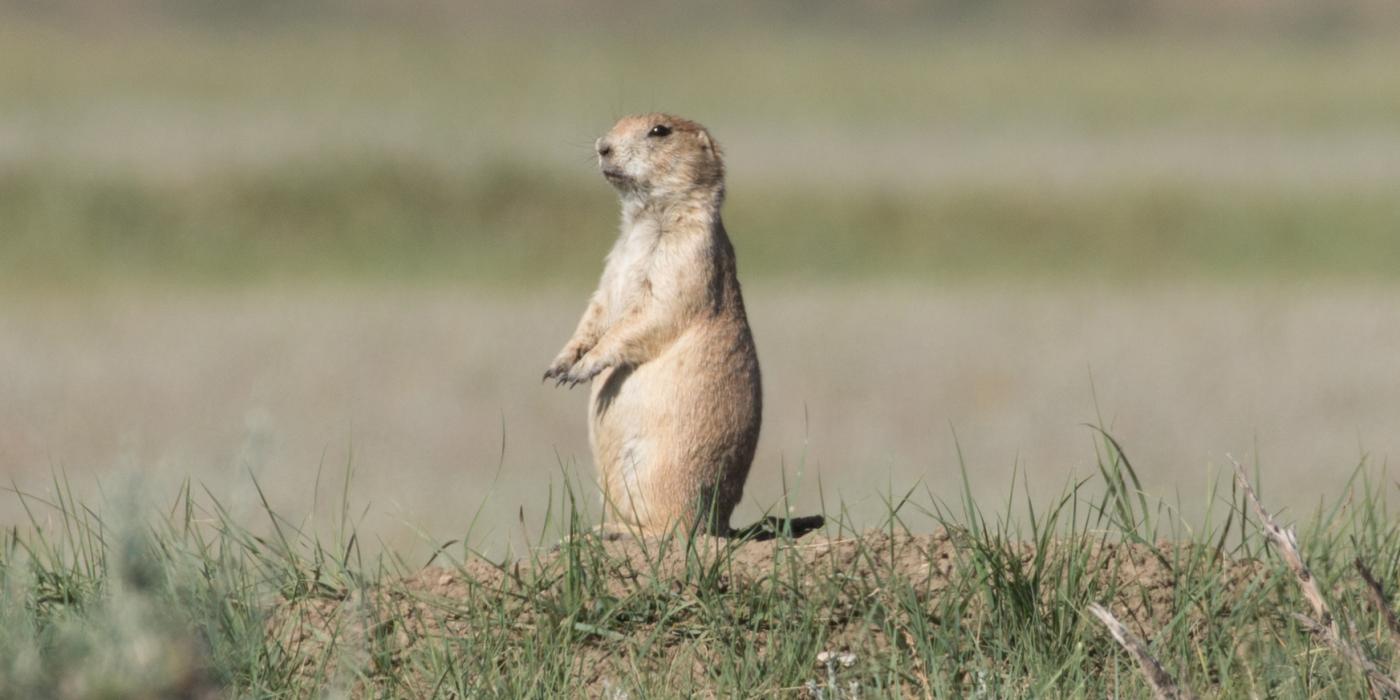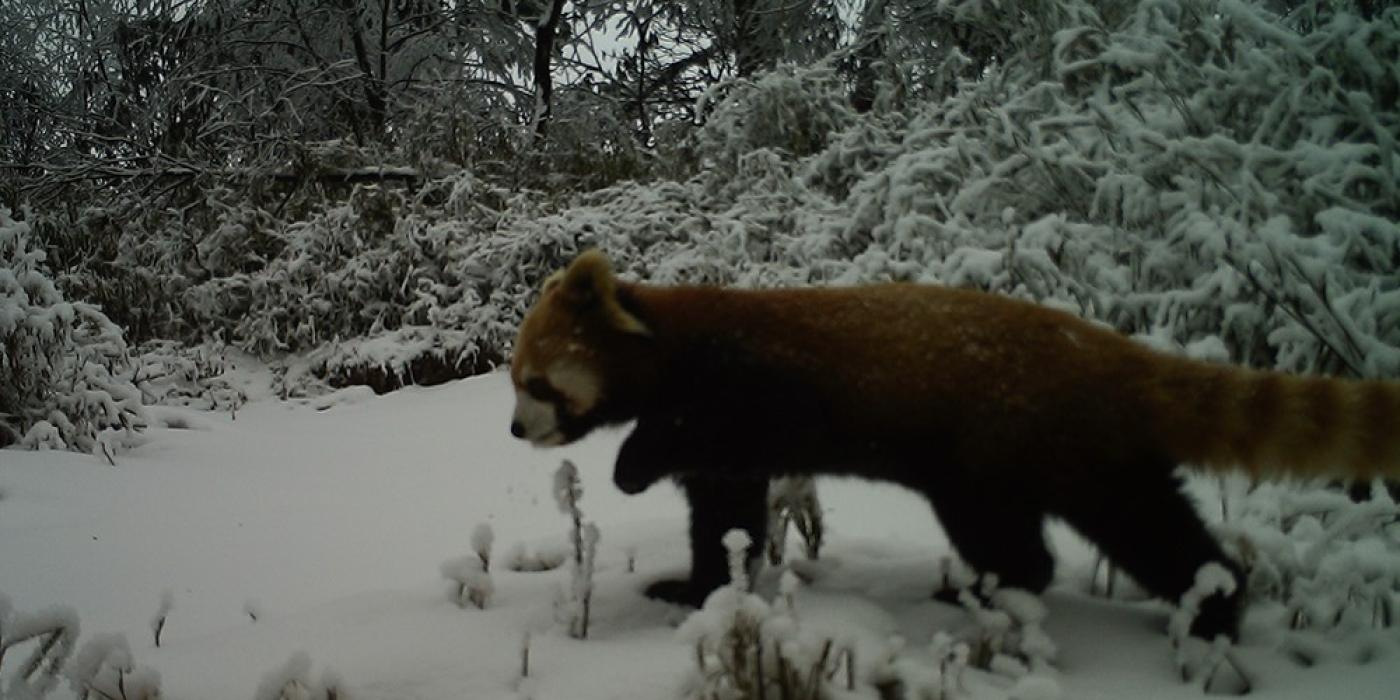SCBI Scientist Kristina Anderson-Teixeira Receives Presidential Early Career Award for Scientists and Engineers
Kristina Anderson-Teixeira—a forest ecologist at the Smithsonian Conservation Biology Institute’s (SCBI) Conservation Ecology Center and at the Smithsonian Tropical Research Institute’s Center for Tropical Forest Science—is a recipient of the Presidential Early Career Award for Scientists and Engineers. This award is the highest honor bestowed by the U.S. government on science and engineering professionals in the early stages of their independent research careers. Anderson-Teixeira will be presented with the award July 25, 2019 in a ceremony at the White House.
Sixteen Federal departments and agencies join together annually to nominate the most meritorious scientists and engineers whose early accomplishments show the greatest promise for assuring America’s preeminence in science and engineering and contributing to the awarding agencies’ missions. Awardees are selected for their pursuit of innovative research at the frontiers of science and technology and their commitment to community service as demonstrated through scientific leadership, public education or community outreach.
Anderson-Teixeira joined SCBI in 2012. She leads the ecosystems and climate research initiative for the Center for Tropical Forest Science—Forest Global Earth Observatory (CTFS-ForestGEO), which is the world's only forest monitoring network making standardized measurements in all the world's major forest biomes. Her research focuses on interactions of forest ecosystems worldwide with Earth’s changing climate.
Along with collaborators at the Smithsonian and around the world, Anderson-Teixeira’s research shows how forests worldwide are responding to climate change and other anthropogenic pressures. Highlights include findings that larger trees suffer more during drought and that climate change alters forest recovery following disturbances such as fires. Anderson-Teixeira and colleagues have developed a mathematical model to better understand why certain landscapes are especially vulnerable to losing their forests and the species that rely on them, while others are more resilient. She has also conducted pioneering work on quantifying the climate regulation services of ecosystems, showing that clearing just 100 square feet of forest has roughly the same effect on climate as driving across the U.S.
Anderson-Teixeira is an active mentor and scientific leader in her field. She has organized six workshops and symposia at major research conferences; served on nine research grant review panels; participated in the White House Leadership Summit on Women, Climate and Energy; and she has published more than 47 peer-reviewed papers.
Anderson-Teixeira’s work is motivated by her recognition that forests are invaluable for both biodiversity protection and climate regulation. She hopes that her research will serve to better understand and protect forests in the current era of global change.





